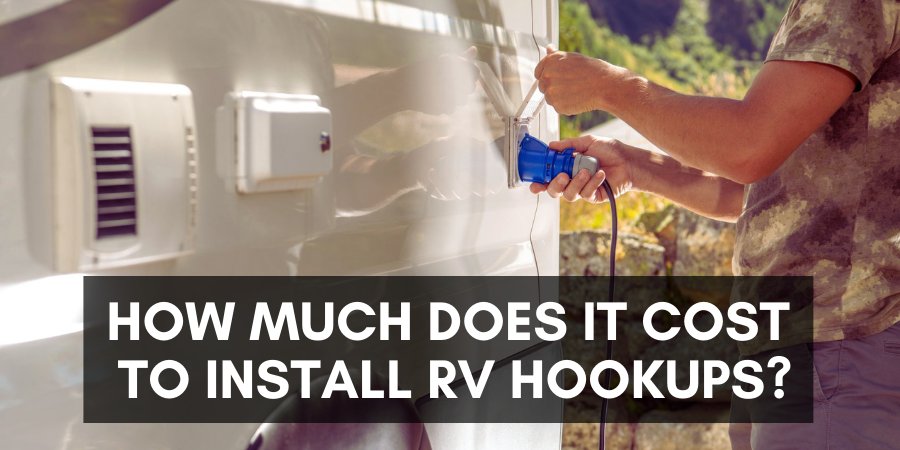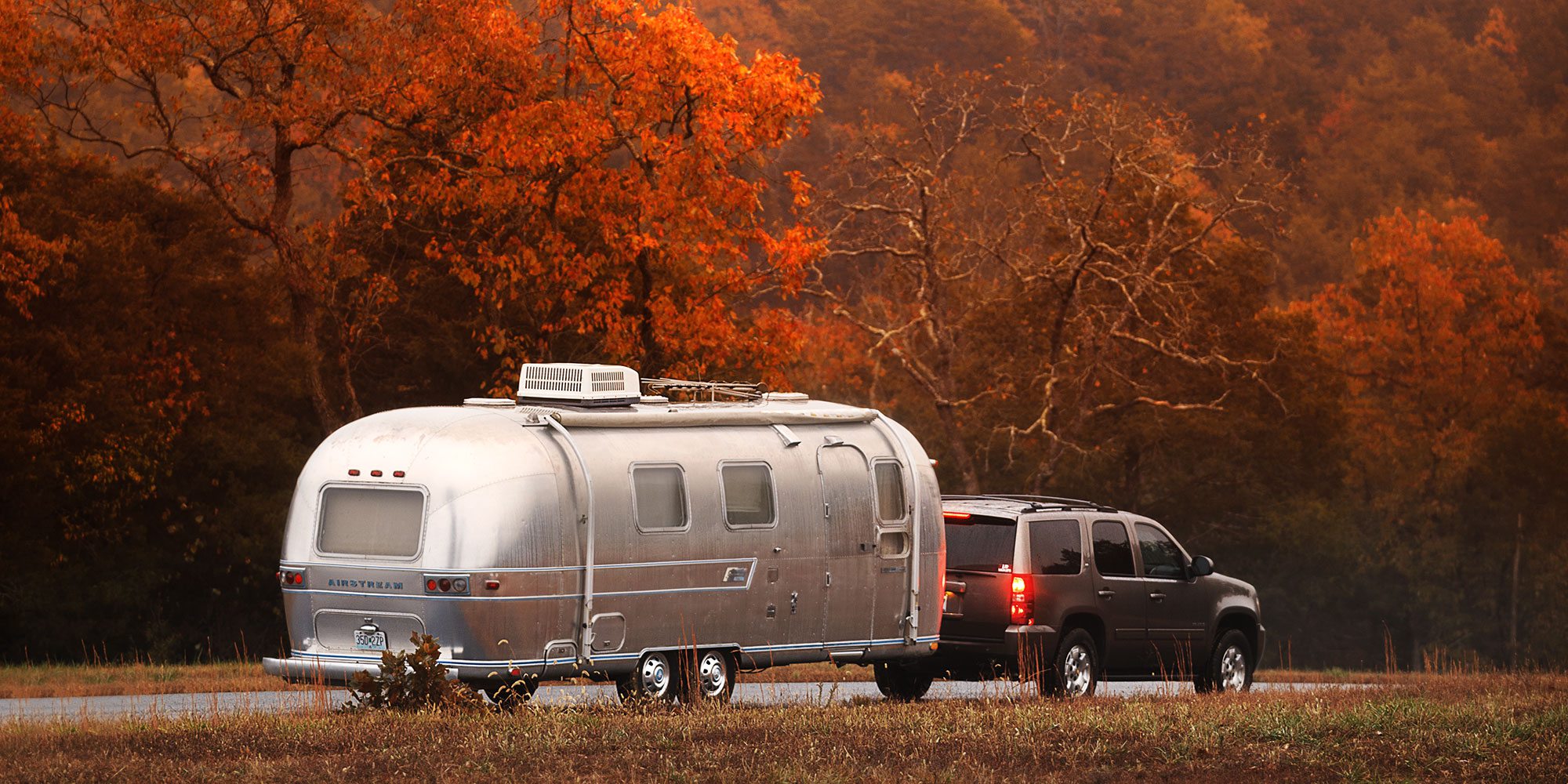Construction Cost On Full Hookup Rv Site

If an Asheville camping experience is what you’re looking for, Mama Gertie’s is the place for you! We offer full hookup RV sites for motorhomes, trailers, 5th wheels, sites for pop-ups and micro-campers. Tent camping and cabin rentals are currently unavailable due to construction. We are conveniently located near many local recreational options, right in the heart of the Blue Ridge Mountains. Open year round*. *Our Mountain View RV sites are closed November 1st through March 31st.
BOOK NOW! (Please review our updated policies effective December 1, 2021)
In this case, the cost depends on the size of the concrete pad and the RV weight. $100 to $300 for 8 x 12 pad and $600 to $1800 for a 24 x 24 pad. A weighted RV will require a thicker layer of the concrete pad, and hence the cost rises more. Note: Costs can vary widely depending on site conditions and local labor, material, permitting, and utility hookup costs. Always get cost estimates for your project from local contractors, utilities, and officials. Download Typical Site Development Costs (.xls). Recreational Vehicle Parks 13.1 PURPOSE 13.2 DESIGN STANDARDS 13.3 ESTABLISHMENT OF RV PARK 13.4 APPLICATION REQUIREMENTS AND PROCEDURES 13.5 LANDSCAPING AND OPEN SPACE 13.1 PURPOSE The purpose of this chapter is intended to: 1. Provide commercial rental parking spaces and sites for recreational vehicles.
We were able to stay up top for a short weekend. There has been great detail in the layout and flow of the campground. We have a long truck and 38 ft tag and had no problems getting in and out. Everything was maintained beautifully and kept clean. The bath houses were beautifully designed. Never seen bath houses that nice. The campground is conveniently located to the interstate, however you can not hear any road noise. Definitely would put this on our list to revisit.
Camped there last 2 nights. Great place!! We’ll be back. We camped at the top, but not one of the 3 Premium ones with deck. But this beautiful view!
Everything was as advertised. Friendly staff. Clean facilities!
Highly recommend this campground!
I bit of a steep climb, but we went there expecting mountains. Park was beautifully maintained and attendants we pleasant. No complaints at all.
The cost to install an RV electrical hookup for plugging in your recreational vehicle averages about $810 for the materials, labor and hiring a licensed electrician. This includes setting a treated post if needed, to attach the wiring and plug outlet, running the electrical line to the post and installing the 30 amp or 50 amp circuit breaker into your existing breaker panel box.
Average Cost of RV Power Hookup Installation
The average price you’ll pay for an electrical hookup for your RV will depend on how much of the physical labor you’re willing to do. Setting a treated post and digging the trench takes hard work, but DIY is a good way to reduce the cost of this popular outdoor project. Of course, if your RV is parked close enough to your home or garage, digging may not be required at all.
If you hire all the work done, expect estimates in the range of $425 to $1,200. Doing what you can yourself and hiring a licensed electrician for the dangerous work will cut your cost by more than half.

Overview of RV Electrical Hookup

You can enjoy the benefits of owning an RV at home by installing an electrical hookup next to your driveway, dedicated concrete RV pad or somewhere in the yard. If you own vacant property with power on it, the hookup will allow you to maximize your enjoyment of the land and RV.
Wherever you locate the electric hookup, it will allow you to keep the recreational vehicle ready to travel at any time and also provide extra living space for guests and a place to unwind. In some cases, if you have an EV, you can combine the use of an electric car charging station with the RV as long as it’s conveniently located.
Installing an RV electrical hookup requires a few simple steps. Most homeowners hire an electrician to hook up the wires to the power source. Here are the steps that are needed to successfully install an RV electrical hookup:
Note: If your home is located close to where the RV power outlet needs to be, skip steps 1 & 2, and just call an electrician. They can mount the 30-amp or 50-amp outlet box directly to the outside of your home or garage.
- Use a 4×4 or 6×6 pressure treated post to place your electrical box for the hookup. Dig an 8×8 hole, sink the pole at least 2 feet into the ground and use concrete to set it in place.
- Dig a trench below the frost line – about 30 inches down in northern climates – from the junction box on the pole to where your breaker box is located at your home or the electrical installed at the property by the power company.
- Hire an electrician to hook up the wires and install the breaker and proper outlets needed to power your RV.
Product and Installation Supplies Cost Details
RV Electric Outlet Cost Factors
These factors will allow you to better estimate the cost of an RV electrical hookup.
- Where the Outside RV Outlet is Located for Mounting – If you need power to come up ou of your yard in a space dedicated to the RV, expect it to cost a bit more due to running the line underground, installing a pole to mount the box, etc. Otherwise, it cost less to mount the outlet directly to the exterior wall of the home or garage.
- Who Installs the RV Electrical Hookup – Since you are dealing with electricity and incorrectly hooking up any sort of electrical lines can cause injury, hiring an electrician to do the job is a good idea. However, if you are capable you can save $300 or more by doing the job yourself.
- What Type of Electrical Hookup is Installed – You will have two choices when deciding what type of hookup you install, 30 Amp and 50 Amp. 30 Amp – This type of outlet has three prongs, a 120 volt hot wire, a neutral wire, and a ground wire. 30 amps are usually used on smaller RVs with a lower load requirement. 50 Amp – This plug/outlet has four prongs, two 120 hot wires, a neutral and ground wire, which supplies two 120 volt feeds. This type of plug/outlet is used on large RVs.
- Where you Live – The going rate to hire an electrician is the only major variable that will affect the cost. Electrical contractors can charge as low $50 an hour all the way up to over $200 per hour. It all depends on the supply and demand and the cost of living in your area.
Cost of Supplies to Install an RV Power Plug
Here’s what you’re looking at for the supplies needed to complete this job.
- $2 – $4 per foot Electrical Wire – Depending on what amperes your RV requires, you will need to purchase the proper wire to go from your RV hookup to the circuit breaker box at your home.
- $15 – $50 Mounting Post – A 8-foot 4×4 pressure treated post sunk into the ground should be sufficient for the electrical box to attach to, but many people choose to use a beefier 6×6 post. Another option is to use a 10-foot or 12-foot post and include a light on the top. Setting the post with concrete is the best option in most soil conditions.
- $60 – $80 Electrical Box – This box is where you will plug in your RV to the power source that is run from your home.
- $10 – $40 Circuit Breaker – When installing an electrical hookup for your RV you will most likely need to add another circuit breaker in the electrical box within your home. Depending on the brand, the price can vary greatly.
Permits, Inspection, Related Costs and Installation Time
Permits and Inspection Cost
- $0 – $200 The need to obtain a permit to install an electrical hookup for your RV depends on where you live and the local codes and building requirements in your area. Check with your local city or county offices to see what permits may be needed.

Construction Cost On Full Hookup Rv Site Free
Related Costs and Installation Time
Most posts on this topic give a price right around $1,200 for this project. RV Share – $1,200. Crow Survival – $1,200. Bayside RV – $1,200. We’re not sure they’re doing independent research.
Based on our experience of hiring a handyman for the dirty work and a licensed electrician for the circuit and connection, we are sure it can be done for less than $1,000 in most cases.
One cost that you can eliminate is the need to rent a trencher for the electrical wires. Renting a trencher will cost around $150 – $300 for a half day rental. With a shovel and some hard work, you can save yourself that money by hand digging the trench.
The amount of time that it will take for a licensed electrician to install the wiring, electrical box, and circuit breaker would be an estimated half day of work. Figuring that electricians can charge between $75 – $150 per hour, hiring an electrician to install the electrical for an RV hookup will cost $300 – $600 or more for just the labor.
Costs of Related Projects
Here are projects that homeowners either must do to complete this job or do in conjunction with it to maximize their enjoyment of having an electrical hookup for their RV at their home or on vacant property they own.
- New Electrical Circuit Breaker– If you have a 200 amp panel, there is likely room for at least one more circuit. Another option is to add a new, smaller panel for the RV and related use.
- Concrete Patio – Make the most of your setting with a patio, chairs, a table and other amenities for enjoying the great outdoors. Concrete is affordable at about $9.00 per square foot – or you could boost the look with stamped concrete or pavers. If the budget is tight, a gravel patio is a cost-effective option.
- EV Charging Station – Having a convenient place to recharge your electric car is a must for homeowners that rely on the EV as a mode of daily transportation. You can have an EV charging station installed by a licensed electrician for around $2,200 on average.
DIY or Hire a Pro?
You can tackle parts or all of this project depending on your comfort level with basic electrical work.
Construction Cost On Full Hookup Rv Site Map
Setting the post is hard work but not complicated; ditto for trenching the power line. In fact, if you enjoy DIY, then you can likely do almost all the job short of installing the electrical circuit in the panel, if needed, and connecting the wiring to it. If that’s a skill you’re comfortable with, you probably aren’t reading our DIY vs Pro advice – you’re just doing it.
Is This a DIY Project? What do You Think?



